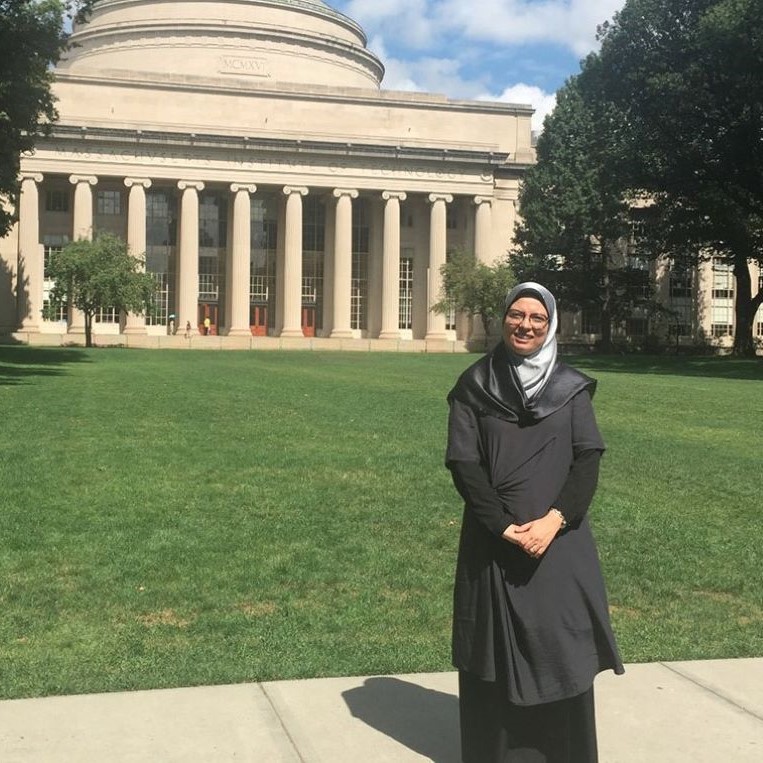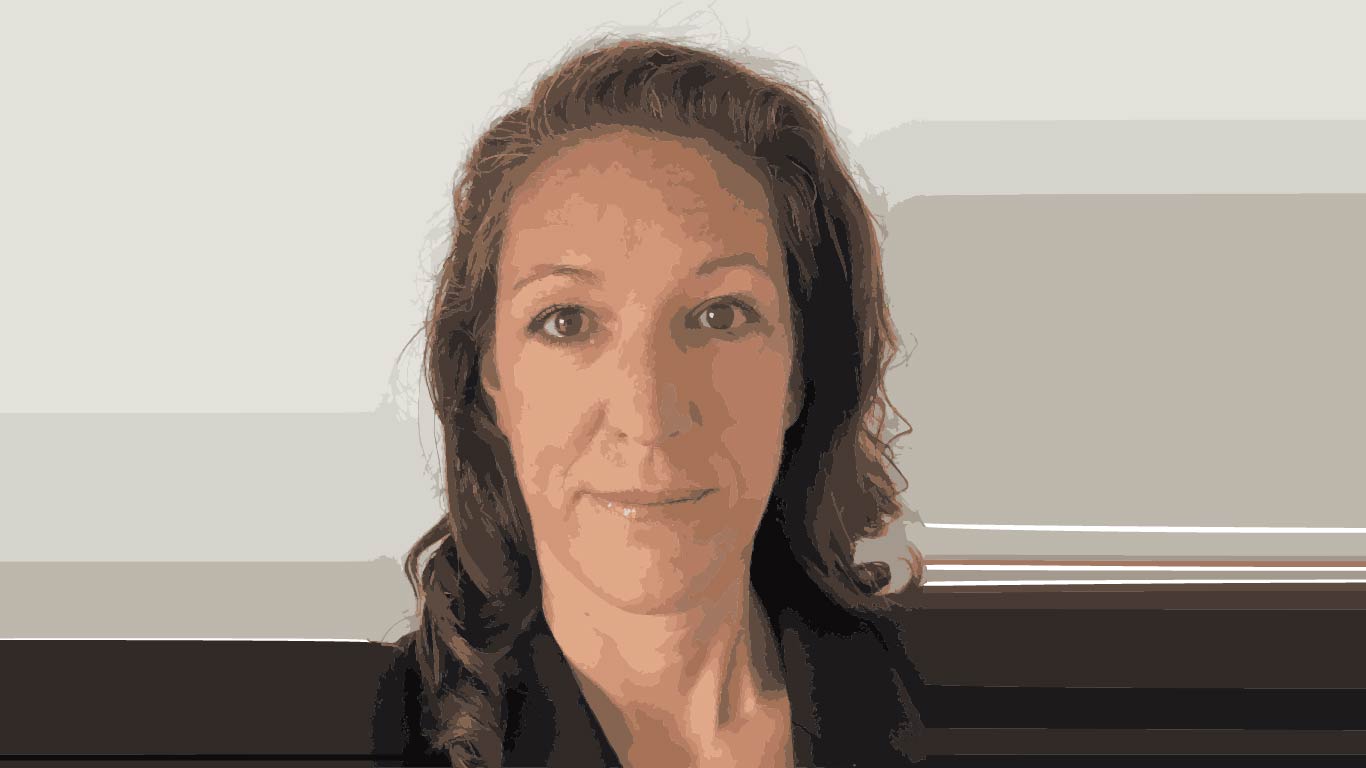Net Zero Gulf Cities: Innovations and Sustainable Strategies
The Gulf Cooperation Council (GCC) countries have witnessed rapid economic growth and urbanisation over the past few decades, primarily driven by fossil fuel revenues (Mahmoud, 2022). This development has resulted in significant environmental challenges, including high energy consumption, heavy reliance on fossil fuels, increased greenhouse gas emissions, and water scarcity (IEA, 2019). The arid climate and unique economic structures of the G ...
Abstract
The Gulf Cooperation Council (GCC) countries have witnessed rapid economic growth and urbanisation over the past few decades, primarily driven by fossil fuel revenues (Mahmoud, 2022). This development has resulted in significant environmental challenges, including high energy consumption, heavy reliance on fossil fuels, increased greenhouse gas emissions, and water scarcity (IEA, 2019). The arid climate and unique economic structures of the GCC region present both obstacles and opportunities for implementing net zero strategies (Al-Saidi & Elagib, 2017).Recognising the need for sustainable urban development, GCC nations have committed to ambitious net-zero targets focused on cities. The UAE aims for net-zero emissions by 2050, with initiatives like Masdar City serving as models for sustainable urban living (Masdar, 2020). Saudi Arabia’s NEOM project exemplifies efforts to build zero-carbon cities powered entirely by renewable energy (NEOM, 2021). These projects signal a shift toward sustainability in a region traditionally reliant on hydrocarbons.Achieving net-zero cities is crucial for environmental sustainability, energy security, economic diversification, and improving residents’ quality of life (World Bank, 2020; Gouldson et al., 2015). This workshop aims to address these challenges by fostering dialogue on innovative, city-focused solutions tailored to the GCC context. By uniting experts from academia, industry, government, and civil society, we aim to advance sustainability and innovation in GCC urban environments, supporting their journey toward net zero emissions.
Description and Rationale
The Gulf Cooperation Council (GCC) countries have witnessed rapid economic growth and urbanisation over the past few decades, primarily driven by fossil fuel revenues (Mahmoud, 2022). This development has resulted in significant environmental challenges, including high energy consumption, heavy reliance on fossil fuels, increased greenhouse gas emissions, and water scarcity (IEA, 2019). The arid climate and unique economic structures of the GCC region present both obstacles and opportunities for implementing net zero strategies (Al-Saidi & Elagib, 2017).
Recognising the need for sustainable urban development, GCC nations have committed to ambitious net-zero targets focused on cities. The UAE aims for net-zero emissions by 2050, with initiatives like Masdar City serving as models for sustainable urban living (Masdar, 2020). Saudi Arabia’s NEOM project exemplifies efforts to build zero-carbon cities powered entirely by renewable energy (NEOM, 2021). These projects signal a shift toward sustainability in a region traditionally reliant on hydrocarbons.
Achieving net-zero cities is crucial for environmental sustainability, energy security, economic diversification, and improving residents’ quality of life (World Bank, 2020; Gouldson et al., 2015). This workshop aims to address these challenges by fostering dialogue on innovative, city-focused solutions tailored to the GCC context. By uniting experts from academia, industry, government, and civil society, we aim to advance sustainability and innovation in GCC urban environments, supporting their journey toward net zero emissions.








